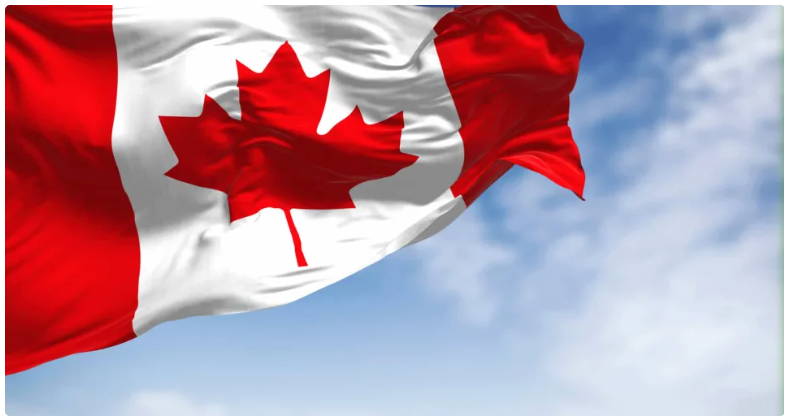Alberta Finance Minister Nate Horner announced Thursday that the province’s projected deficit for this fiscal year has grown by $1.3 billion, bringing the total shortfall to $6.5 billion. This marks a dramatic financial reversal for Alberta, which posted an $8.3-billion surplus just one year ago.
“We’re going to have to weather some of this,” Horner said during a news conference, pointing to falling oil prices and global economic uncertainty — particularly around U.S. trade and tariffs — as key factors dragging down the province’s finances.

Alberta’s debt, backed by taxpayers, has also climbed by $1.7 billion compared to earlier budget projections, now sitting at $84.3 billion.
Also Read: Emerging AI stocks in Canada
Horner emphasized that despite the growing deficit, the government does not plan any drastic fiscal changes in the immediate term. However, he signaled that ministries may face spending targets as planning begins for next year’s budget.
“We’ll face these challenges together, and that commitment stands even with a higher deficit,” he said.
As in past years, oil remains the driving force behind Alberta’s financial picture. For every $1 decrease in the benchmark West Texas Intermediate (WTI) price per barrel, Alberta loses about $750 million in revenue. Since the February budget, the province has lowered its oil price forecast by more than $4 USD per barrel, now expecting an average of nearly $64 USD for the year.
Also Read: Best long term Canadian stocks
Adding to fiscal pressure, the government has incurred roughly $650 million in new costs from recently signed union agreements, with more negotiations underway — including with Alberta’s teachers and the province’s largest public sector union, which was voting Thursday on a proposed agreement recommended by a mediator.
When asked about potential program cuts, Horner didn’t confirm any but said spending limits may be introduced, similar to recent directives from the federal government.
“I wouldn’t rule out the possibility that we may have a spending target memo come out … before the budget process starts,” Horner said. “We’re not as fat as the federal government, so it probably won’t be as high.”
Meanwhile, Alberta’s United Conservative Party (UCP) government remains committed to its 2023 election promise to reduce personal income taxes — a move expected to cost the province about $1 billion in revenue.
Opposition finance critic Court Ellingson criticized the UCP’s fiscal handling, calling the situation an example of “fiscal incompetence.”
“This UCP government continues to show that they don’t know what they’re doing and that they’re really bad with money,” Ellingson said in a statement.
Looking ahead, the province still anticipates running multi-billion-dollar deficits through to the next scheduled provincial election in 2027.
Sign Up For our Newsletters to get latest updates




